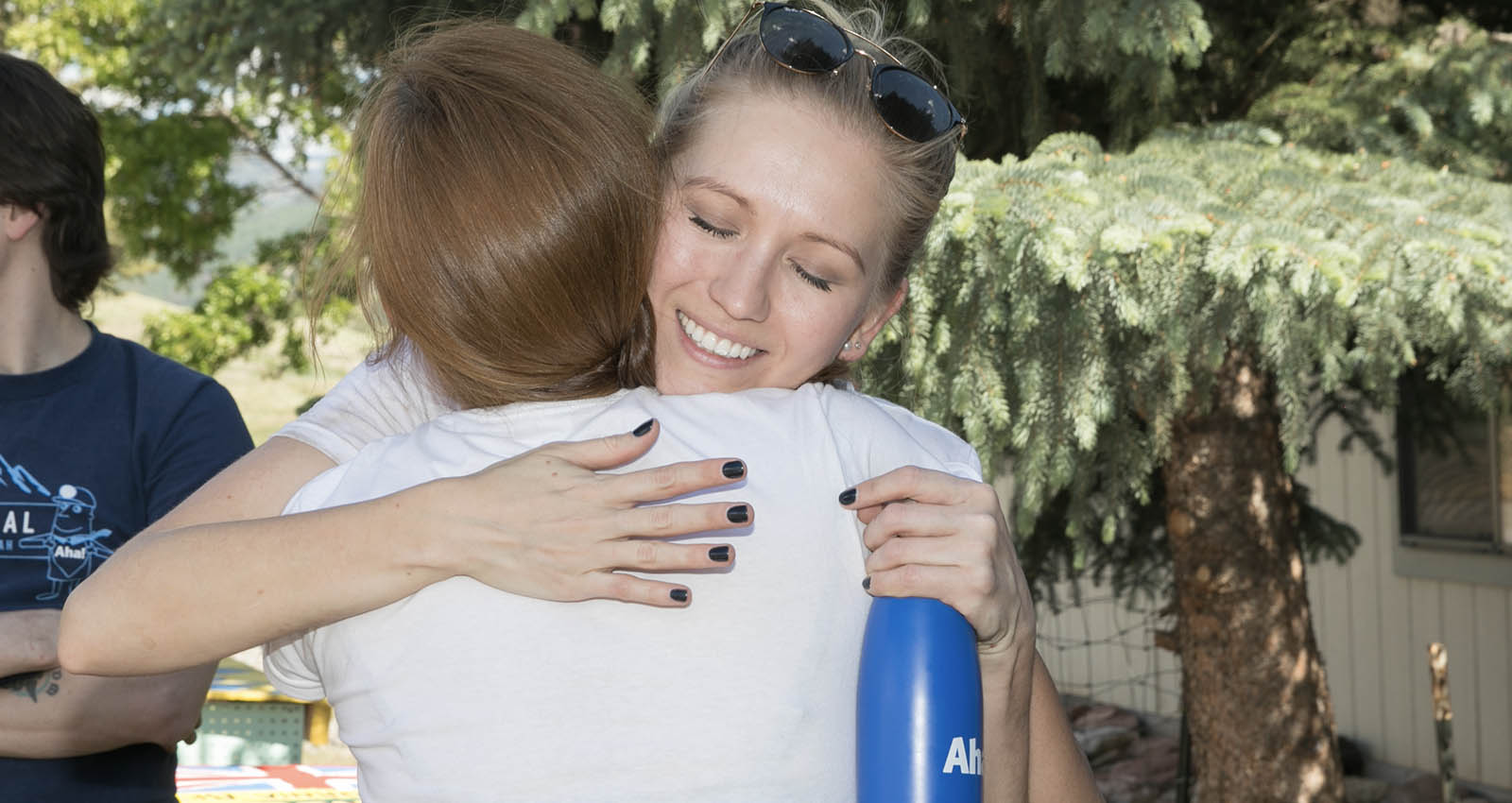
The Top 10 Most-Loved Products Have This in Common
What products do you love? How about one you truly adore? I ask every person who joins Aha! these two questions during onboarding and most people can only come up with a few. I posed this question to folks on LinkedIn recently and the results were the same — just a handful of companies listed. When probed for details, you would think it is the features of the product itself that people say they love. But you would be incorrect.
Most companies are special to customers because of the people who work there and their responsiveness and care when things go wrong.
Knowledgeable employees and a culture of generosity help build a loyal and passionate following. Consider REI. The retailer is loved by customers for its long-standing practice of hiring real outdoor enthusiasts and its flexible return policy.
Our team at Aha! takes a similar approach — we only hire experts to join our Customer Success team. Everyone is a former product or marketing manager with first-hand knowledge of what our users need. And we offer a full-feature free trial of our software for 30 days, with no credit card required.
If you want to build a company that is lasting, you need to focus on delivering real value through your product and cultivating joy, both for customers and for your team. You simply cannot have a thriving company without satisfied (and loyal) consumers and teammates. Of course, this is easier said than done.
Love is not something that is automatically given — you earn it over time through your words and your actions.
So how do you make people happy enough that they adore you? That they express their genuine love for your product or service? These are important questions for company founders to ask. I know I reflect on them often.
In my bestselling book Lovability — which describes our journey building Aha! — I wrote about how we put people first and use The Responsive Method as our guide. The concept of responsive kindness is a deeply held value for our team. We act with empathy, curiosity, and with urgency.
Here are a few ways you can cultivate customer love by practicing responsive kindness, based on the approach our team at Aha! takes:
Know the why The entire team needs to know what we want to accomplish and how we plan to do so. We take a goal-first approach to our work — we use our own software to capture initiatives (the big efforts that will help us achieve our goals), create personas so we understand exactly who we are serving and why, and tie each task back to our strategy.
Feel the pain Empathy goes a long way. Our team knows what our customers’ needs and challenges are because we understand those pain points firsthand. Everyone goes through onboarding designed to help new hires relate to our users. Our engineering team takes support rotations, working directly with customers. And as I wrote earlier, we all use our own software to manage our daily work.
Show big curiosity Everyone is different, so it is unwise to assume that you know everything about a given situation — even if it is one you have experienced before. It is best to approach each question or request with a genuine desire to understand the problem. Our team does this by being intensely curious and asking plenty of questions. We are fully committed to uncovering what our customers need, even if they cannot articulate it clearly.
Move really fast Work with urgency. We strive to reply quickly to messages from our fellow teammates, then we apply that quickness to our process and our users. For example, we ship software updates continuously, with a go-to-market every week. We strive for a first-response time of less than 2 hours for support tickets — no matter what time of day it is. Being available and eager to help allows our customers to do their jobs more efficiently and shows that we care.
Always be kind I think human beings are hardwired to want to help each other. Most of us innately want to make people happy — but sometimes we simply cannot. When you have to say “no” or “not right now,” it helps to explain your reasoning in a direct and friendly way. Kindness and transparency can turn a frustrated person into one who appreciates how you delivered a tough message.
Treating people with respect and care is the key to earning love and loyalty.
Of course, no one starts a business hoping to make others unhappy. But over time, circumstances can get in the way of making people feel valued. As the company grows, you might find responses to customers slow down — the urgency is lost. Or personal interactions might suffer if new hires do not understand your vision or goals.
This is why it is vital to be intentional about the values you stand for. Company leaders must work to uphold those values and infuse them into every interaction you have. Your focus should be on the relationships you are building and the experience you are providing. After all, the product is important — but it is the people and positive interactions that make a company lovable.
What do you do to encourage customers to love your company?
Help your team do great things — sign up for a free trial of Aha!




